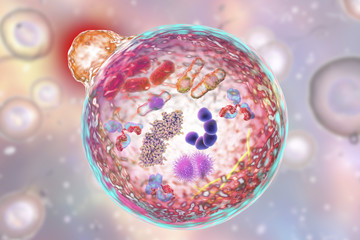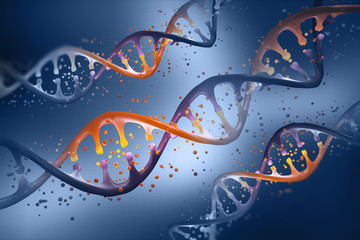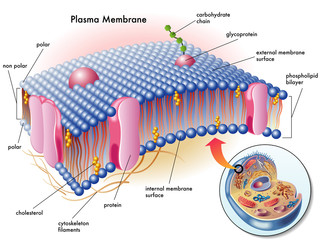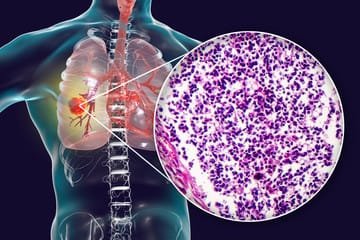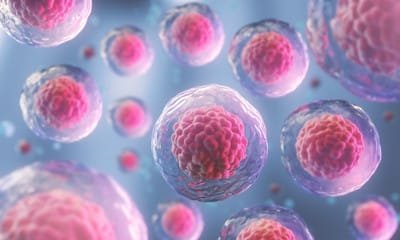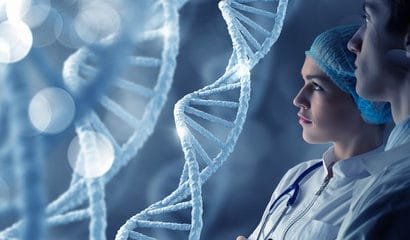Metabolic Regulation
Integration of cellular metabolism is controlled by insulin and the opposing actions of glucagon and epinephrine. When food is available in abundance, or when the body needs to make stored energy available, changes in the circulating levels of these hormones allow the body to respond accordingly. This discussion of metabolic…
1379
RNA Basic Knowledge
Ribonucleic acid (RNA) is a polymeric molecule, which is implicated in different biological roles such as coding, decoding, expression of genes and regulation. Biological reactions within cells are catalyzed by some RNA molecules, which control gene expression and communicate responses to cellular signals. The structure of RNA is similar to…
460
Analytical Techniques in Biotechnology
Biotechnology is an emerging field that allows scientists to use analytical techniques to study the structure and function of biomolecules. Protein purification is an all but mandatory step for studying macromolecules, but this task is not necessarily easy. Several experimental methods, deductive logic, and even a little bit of luck…
995
Lipid Metabolism
Lipid metabolism is the process by which lipids are synthesized and degraded in cells. In this course, important lipids discussed are bile salts, cholesterols, steroids, and ketone bodies. Also covered in this course are the structures and functions of these types of lipids. The biosynthesis and metabolism of these lipid…
551
Histology
Histology is the study of the microanatomy of cells, tissues, and organs as seen through a microscope. It examines the correlation between structure and function. Histology, also known as microscopic anatomy or microanatomy, is the branch of biology which studies the microscopic anatomy of biological tissues. Histology is the microscopic counterpart to…
2976
Cell Biology
Cell biology is the study of cell structure and function, and it revolves around the concept that the cell is the fundamental unit of life. Focusing on the cell permits a detailed understanding of the tissues and organisms that cells compose. Some organisms have only one cell, while others are…
2585
Embryology
Embryology is the discipline concerned with the study of embryogenesis, the development of the embryo from a fertilised egg cell. Findings in embryology have helped in the understanding of congenital abnormalities and developing assisted reproduction procedures. https://youtu.be/THmiIGNylvk Free Certification Academy Europe presents high-quality formal diplomas, certificates and e-certificates which are…
7116
Molecular Biology and Genetics
Molecular biology and genetics study organisms on a cellular and molecular level. This is a rapidly developing field of biological sciences which has many important applications not only in biomedical sciences, but also in other domains such as agriculture. The study of living things at molecular and genetic levels have…
1293

